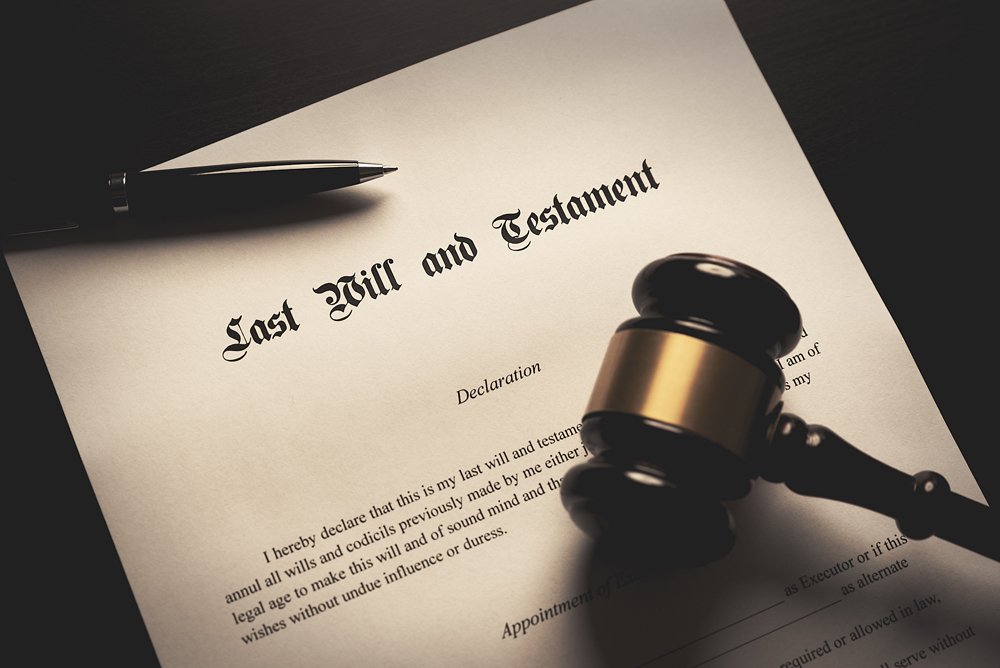
Three out of five American adults don’t have a will, but COVID-19, at least in our community, is changing that. In the last week alone, estate planning attorneys at Johns, Flaherty & Collins have completed the same number of will signings it typically completes in three months.
Perhaps it’s a sense of mortality or fear of the unknown. We’ve heard that many people are essentially checking the boxes they need to feel some sense of calm amid the uncertainty. Whatever the reason, it’s always a good time to plan for the “just in case” scenarios.
What are the estate planning documents I need?
Having a will is important — not just now but at any time in life — but it’s equally important to have healthcare and financial powers of attorney in place in case you’re injured or disabled. Yet only one in three Americans has a health care power of attorney.
If you’re among those who want to get estate plans in place right now, here are the three documents you need.
Do I need a will?
If you have any children or any assets, you need a will. A will is a legal document that identifies a guardian for minor children, assigns someone to carry out the provisions of your will, instructs who receives your assets and how. Keep in mind that if you have any retirement funds or life insurance policies, the person named as a beneficiary on those documents will trump whatever is in your will, so you’ll want to be sure you’ve named those beneficiaries in accordance with your will.
Do I need a health care power of attorney?
Everyone needs a health care power of attorney, which is also commonly known as an advance directive. A health care power of attorney allows you to designate someone to make medical decisions for you, including end-of-life treatment, if you’re not able to make them for yourself.
Do I need a financial power of attorney?
If you have money and financial responsibilities, you need a financial power of attorney. Just as a health care attorney appoints someone to make health care decisions for you, a financial power of attorney appoints someone to handle your finances if you’re incapacitated and can’t do it for yourself. That person will be responsible for paying your bills, depositing money and transact other personal business on your behalf.
If I already have a will, do I need to do anything?
If you’ve experienced any significant life changes since you prepared your will, you should review it. Life changes that should prompt a review include:
- Getting married
- Having a baby
- Getting divorced
- Guardians getting divorced or moving away
- Death of parents
- Death of a spouse
- Children becoming adults
- Retirement
In the absence of significant life changes, we recommend reviewing your documents ever five to seven years. And don’t forget to review beneficiaries on all financial and insurance accounts.
Signing wills in the era of social distancing
If you don’t already have one or more of the essential documents, you can still complete them in this era of coronavirus and social distancing. At Johns, Flaherty & Collins right now we’re handling initial meetings by telephone or video conference. And we’re getting pretty creative about signing the documents. Depending on each client’s preference, we have mailed them for signature at home with a neighbor witnessing the signing (from at least six feet away) or with someone witnessing the document by Skype.
We’ll be doing more and more by phone, email and video conference in coming days and weeks, so please don’t hesitate to call if you need us.
By Steve Doyle, estate planning lawyer at Johns, Flaherty & Collins, SC. For questions about estate planning or for help in creating your will, call him at 608-784-5678.
